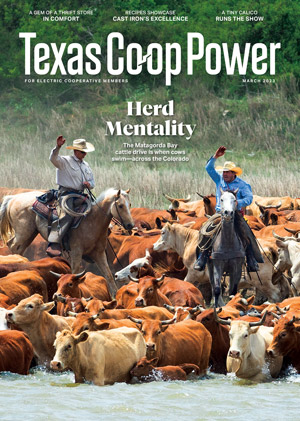Not many people knew Mickey Newbury’s name when he made his first and only appearance on Billboard’s Hot 100 pop chart in 1972—but they probably knew the songs he stitched together on An American Trilogy, one of the most unlikely hit singles ever.
Written 100 years before Newbury combined them, the folk songs Dixie and Battle Hymn of the Republic presented contrasting views of the American South. The former became an unofficial anthem of the Confederacy; the latter was written during the Civil War by a well-known abolitionist. Newbury added All My Trials, a traditional folk song popularized during the mid-20th century folk revival by artists such as Joan Baez.
His dramatic arrangement and recording of the three songs hit No. 26 on the Hot 100 in 1972. It also caught the attention of Elvis Presley, who made An American Trilogy a staple of his live repertoire. All of this might have made Newbury a one-hit-wonder footnote, but in fact his music offered a much deeper well for those willing to dive in.
Newbury had been on the charts before but as a writer—and with a similarly unlikely single. Fellow native Houstonian Kenny Rogers’ first hit came from Newbury’s pen. Rogers’ 1960s band the First Edition had a top-five smash with Just Dropped In (To See What Condition My Condition Was In), a psychedelic rock song steeped in the counterculture of the era.
Rogers wasn’t actually the first artist to record Just Dropped In. That was Jerry Lee Lewis, who subsequently took Newbury’s She Even Woke Me Up To Say Goodbye to No. 2 on the country charts in 1969. By that time, Newbury’s career as a writer had taken off, with artists ranging from Don Gibson to Solomon Burke to Eddy Arnold scoring hits with his tunes.
Suddenly, major record labels had reason to bet on Newbury’s solo career. He responded with a magnificent string of solo albums from the late 1960s through the mid-1970s that rival the works of such masters as Bob Dylan, Leonard Cohen and Joni Mitchell.
His albums weren’t big sellers, but fellow Texas songwriters took note. My first exposure to Newbury came many years later, when as a music writer I informed Townes Van Zandt in a 1992 phone interview that Newbury had been booked to open a show for Van Zandt and Guy Clark in Seattle. Van Zandt was thrilled at the news, then explained that Newbury had been a mentor to both when they were getting their starts in Houston’s folk clubs.
Newbury’s influence on other writers ran deep enough that he gets name-checked in one of the most famous country songs of all time. Songwriters Chips Moman and Bobby Emmons wrote Luckenbach, Texas (Back to the Basics of Love), which topped the country charts in 1977 when Waylon Jennings and Willie Nelson recorded it. In the chorus, they sang about “Hank Williams’ pain songs and Newbury’s train songs.”
Newbury had a few train songs—Frisco Depot and The Future’s Not What It Used To Be from 1971’s Frisco Mabel Joy come to mind. But he had plenty of pain songs, too. The title track to 1973’s Heaven Help the Child is almost epic in its grandeur of heartbreak, with Newbury’s booming tenor soaring above a majestic orchestral arrangement.
Along with trains and pain, rain figured prominently in Newbury’s music. It was more than just a lyrical metaphor: Newbury sometimes used rain sounds as bridges between tracks on his albums.
Newbury, who’d moved from Houston to Nashville when his career caught fire, eventually settled in the Pacific Northwest. He didn’t record much in the 1980s and 1990s, but a late-career resurgence resulted in one of his finest albums, 2002’s A Long Road Home, just a few months before his death. Lung-related ailments had left him mostly unable to sing in his final years; I caught his final public performance in November 1999 at a bar on the Florida-Alabama border, bravely delivered while he was hooked up to an oxygen tank.
That performance helped motivate me to assemble Frisco Mabel Joy Revisited: For Mickey Newbury, a 2000 tribute album featuring Kris Kristofferson, Dave Alvin, Bill Frisell, Chuck Prophet and others.
In his liner notes for Frisco Mabel Joy Revisited, the late, great Texas art critic Dave Hickey wrote about the Newbury album that inspired the tribute. He described Newbury’s compositions as “tiny, perfect songs, perfectly played, perfectly sung and perfectly recorded in perfect time, with perfect intonation.”



